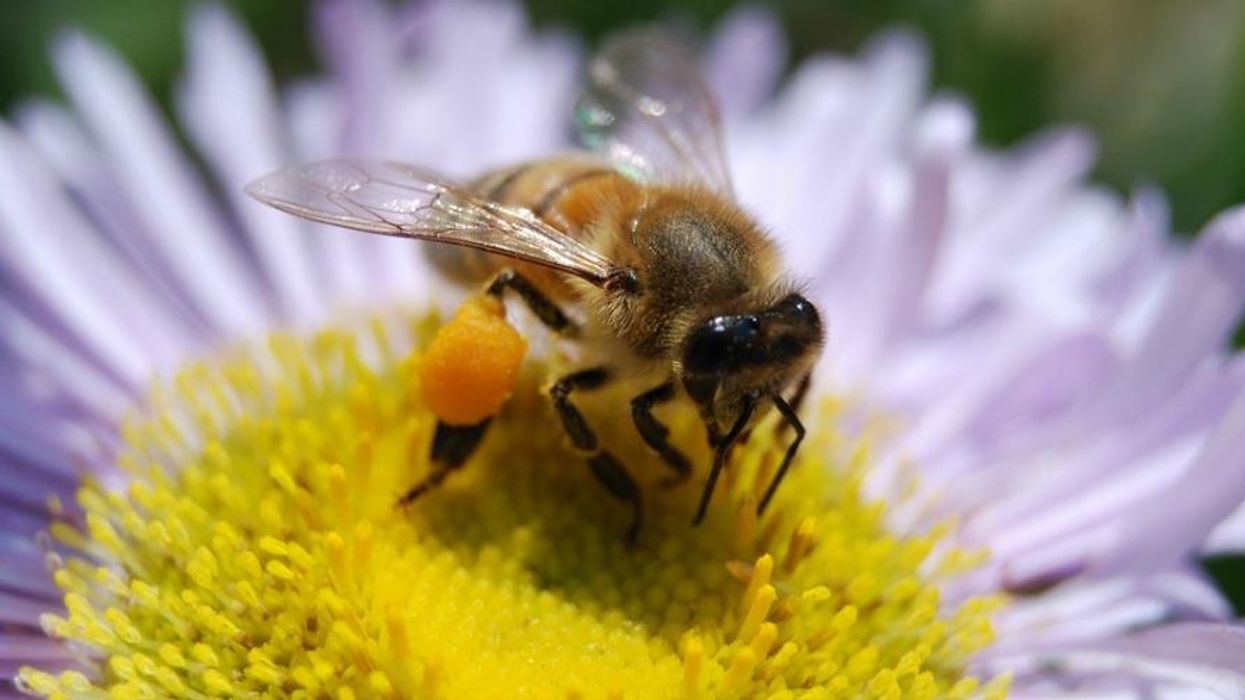Federal Dicamba Ruling Called 'Vital Victory for Farmers and the Environment'
"The court today resoundingly reaffirmed what we have always maintained: The EPA's and Monsanto's claims of dicamba's safety were irresponsible and unlawful," said one plaintiff.
In what one plaintiff called "a sweeping victory for family farmers and dozens of endangered plants and animals," a federal court in Arizona on Tuesday rescinded the U.S. Environmental Protection Agency's 2020 approval of the highly volatile herbicide dicamba for use on certain genetically engineered crops.
In a 47-page ruling, U.S. District Judge David C. Bury found that the EPA failed to comply with public notice and comment requirements under the Federal Insecticide, Fungicide, and Rodenticide Act (FIFRA), legislation passed in 1947 to protect agricultural workers, consumers, and the environment.
"This is a vital victory for farmers and the environment," said George Kimbrell, legal director at the Center for Food Safety (CFS), a plaintiff in the case. "Time and time again, the evidence has shown that dicamba cannot be used without causing massive and unprecedented harm to farms as well as endangering plants and pollinators."
"The court today resoundingly reaffirmed what we have always maintained: The EPA's and Monsanto's claims of dicamba's safety were irresponsible and unlawful," Kimbrell added.
Dicamba has damaged millions of acres of U.S. cropland since the EPA, during the Trump administration, dubiously approved its use on genetically engineered cotton and soybeans developed by Monsanto, which was acquired by Bayer in 2018.
The EPA subsequently identified spray drift as the main environmental risk for dicamba due to its potential to contaminate nontargeted crops, declaring that since 2016 "there has been a substantial increase in the overall number of reported nontarget plant incidents."
As CFS explained on Tuesday:
In today's decision, the court canceled dicamba's over-the-top use, holding that EPA violated FIFRA's public input requirement prior to the approval. This violation is "very serious," according to the court, especially because the 9th Circuit previously held EPA failed to consider serious risks of over-the-top dicamba in issuing the prior registration. The court outlined the massive damage to stakeholders that were deprived of their opportunity to comment, such as growers that do not use over-the-top dicamba and suffered significant financial losses and states that repeatedly reported landscape-level damage yet, in the same 2020 decision, lost the ability to impose restrictions greater than those imposed by the federal government without formal legislative and/or rulemaking processes. As a result, the court found "the EPA is unlikely to issue the same registrations" again after taking these stakeholders' concerns into account.
"We are grateful that the court held the EPA and Monsanto accountable for the massive damage from dicamba to farmers, farmworkers, and the environment, and halted its use," Lisa Griffith of the National Family Farm Coalition—another plaintiff in the case—said in a statement Tuesday. "The pesticide system that Monsanto sells should not be sprayed as it cannot be sprayed safely."
Tuesday's decision in Arizona follows a July 2022 ruling by the 8th U.S. Circuit Court of Appeals in St. Louis that found Monsanto and BASF were liable for damage to a Missouri peach farmer's groves caused by dicamba.
A 2021 EPA report revealed that high-ranking Trump administration officials intentionally excluded scientific evidence of dicamba-related hazards, including the risk of widespread drift damage, before reapproving the dangerous chemical. A separate EPA report described the widespread harm to farmers and the environment caused by dicamba during the 2020 growing season.
"Every summer since the approval of dicamba, our farm has suffered significant damage to a wide range of vegetable crops," said Rob Faux, a farmer and communications manager at the advocacy group Pesticide Action Network, a case plaintiff. "Today's decision provides much-needed and overdue protection for farmers and the environment."


